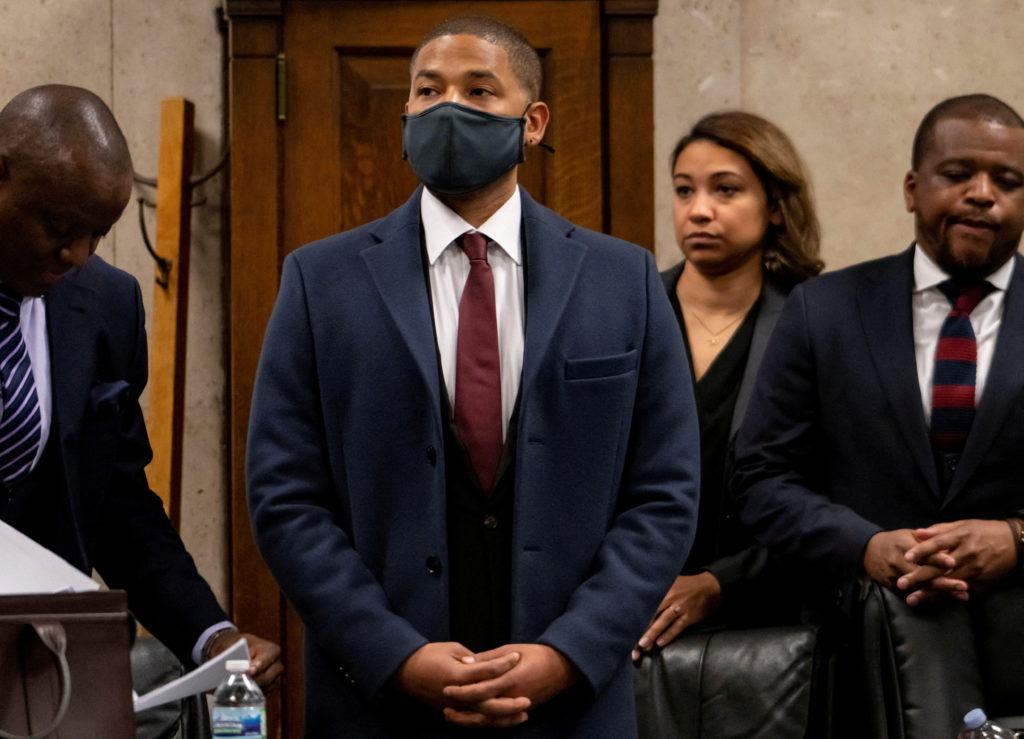
Introduction
The case of Jussie Smollett, the former “Empire” actor, has captivated public attention since the onset of his controversial claims of a hate crime in January 2019. The significance of this topic goes beyond the legal ramifications; it highlights the complexities of race, sexuality, and justice in America. With Smollett’s high-profile trial and subsequent conviction, the discussions surrounding his case have reignited critical conversations regarding trust in public narratives and the implications for real victims of hate crimes.
Details of the Smollett Case
On January 29, 2019, Jussie Smollett reported to Chicago police that he had been attacked by two men who made racist and homophobic remarks while placing a noose around his neck. This incident was initially taken seriously, prompting a significant police investigation. However, as the investigation unfolded, evidence began to emerge that contradicted Smollett’s account. By February 2019, authorities accused Smollett of orchestrating the attack himself in an attempt to gain public sympathy and further his career.
The actor was charged with multiple counts of disorderly conduct for filing a false police report. In December 2021, Smollett was found guilty on five of the six counts against him. The trial, which featured emotional testimonies and heated cross-examinations, drew national media coverage, showcasing the polarized reactions from the public and media alike.
Legal Outcomes and Current Developments
In March 2022, Smollett was sentenced to 150 days in jail and ordered to pay $120,000 in restitution to the city of Chicago. His defense team argued throughout the trial that he was the victim of a flawed legal process and media frenzy. The case has since been in the spotlight with various appeals and ongoing debates about the judicial process. Recently, the Illinois appellate court ruled to uphold his conviction, but Smollett’s legal team continues to pursue options for overturning the verdict.
Conclusion and Significance
The saga of Jussie Smollett’s case serves as a cautionary tale about the consequences of false reporting and the impact it has on genuine victims of hate crimes. The ramifications of the case extend beyond the courtroom, prompting discussions about accountability, justice, and the societal responses to issues of race and sexual orientation. As Smollett’s legal battles continue, the public remains divided on his innocence or guilt, illustrating the ongoing challenges in the pursuit of truth and reconciliation within the justice system.
The case of Jussie Smollett highlights the complexities of personal narratives at the intersection of culture and law, urging society to navigate these challenges with compassion and a commitment to justice.



